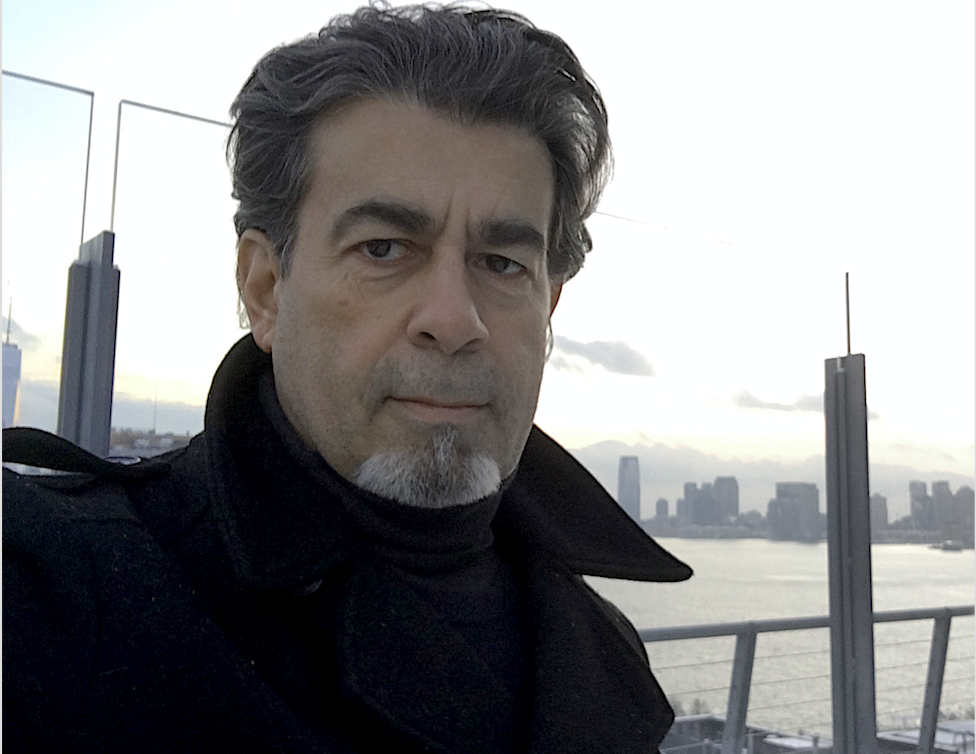When confronted with someone else’s misfortune it is common to utter the familiar quote: “There but for the grace of God, go I….” When I view the troubles confronting Venezuela, that is the quote I oft repeat to myself. It was just by virtue of some such grace, or just dumb luck, that I find myself a citizen of Canada and not Venezuela.
Not that the countries are dissimilar; both have roughly the same population, both are trying to build economies on petroleum resources, and both tried to temper their capitalist economies with socialist programs on the periphery of a vast capitalist empire. But that is where the comparisons end. Canada prides itself a peaceable G7 democracy negotiating its way through the 21st century in the company of like-minded nations. Venezuela, for the sin of redistributing its full petroleum wealth as social welfare programs rather than accepting a percentage of it as corporate royalties, and though also a democracy, is treated as an international pariah subject to denigration and economic sanctions.
My family roots are in a small European country stunted by fascism well into 1970s. The rural economy was so brutally underdeveloped that Portugal’s biggest exports were labour and cork. My father was one of those people who Portugal exported into the globe to make their way in whatever labour market would have them.
In 1955, he left Portugal for a land where it was rumoured great opportunity awaited. Many Portuguese had returned from Venezuela with great fortune, and many never bothered to return. But as my father was boarding a boat for Venezuela, a notice was read in churches throughout Portugal that Canada was accepting immigrants. One of my uncles set off for that land of opportunity.
My father arrived in Venezuela during a recession and could only find itinerant work. My uncle got to Canada during boom times and immediately found permanent work in a paint factory. Ten airmail letters and two years later, my father flew to Canada. If my father had found steady work in Venezuela, I would likely be writing a very different narrative in Spanish.
Venezuelans will be going to the polls to decide their future on May 20. This election is being hailed as a referendum on whether Venezuela should continue on the path it has followed since the late Hugo Chavez was elected president in 1998.
But unlike the democratic choices made by Canadians, those made by Venezuelans have never been respected by the international community. Chavez, who set Venezuela on the”Bolivarian”path was deposed in a coup in 2002, liberated by a popular uprising, then re-elected two more times before his death in 2013.
His successor, union leader Nicolas Maduro was elected in a special election and now faces his second challenge at the polls. Though Venezuela has been racked with strikes, protests, and now street violence, the majority of the people, given the vote, have continually and clearly opted to continue in the direction implemented by Chavez. But their choices, like that of the Chilean electorate who voted for Salvador Allende, are deemed “irresponsible”(the latter called so by Henry Kissinger)– even when such democratic choice is made under an electoral system designed to maximize the franchise, to be transparent, and to be secure.
For their “irresponsible”choices, the Venezuelan people have been subject to years of economic hardship. The Northern press attributes food and medicine shortages, as well as rolling blackouts, to the collapse of world oil prices which ostensibly left the Venezuelan government without the cash to buy the popular goodwill with populist subsidies for these commodities.
The Venezuelan narrative attributes these hardships to U.S. economic sanctions against their government for nationalizing petroleum production. Venezuelan opposition forces have also resorted to street violence in order to destabilize the Maduro government. Regardless of whether it was the collapse of world oil prices, U.S. economic sanctions, or violent opposition, something is “making the economy scream”to use a quote Henry Kissinger made on the subject of Allende’s Chile.
Now the questions now flow: Can all the problems Venezuela is facing be a result falling oil revenues ? Is authoritarian socialism truly to blame for Venezuela’s economic malaise? Are U.S. economic sanctions just naked political interference in Venezuelan democracy? Is the anti Maduro opposition a popular uprising or right-wing paramilitary violence? How will Venezuelans vote given the personal hardship to which they have doubtlessly been subjected? What will the U.S. do if Venezuelans choose to continue the Bolivarian Revolution?
As a Canadian, I am no longer certain I can trust the information I am receiving about Venezuela, or the state of democracy there. There are too many contradictions for me to be able to accept simplistic narratives.
Despite the current info-ruckus south of the border about Russian interference in the 2016 U.S. election, the U.S. has a long history of interference in other people’s elections. Iran, Guatemala, Chile, Grenada, Honduras and numerous other nations have had their electoral choices overturned by American forces or American proxies. If one follows the money, these intrusions have directly benefitted U.S. corporate interests. Venezuela has vast petroleum reserves. How can anyone be certain that this is not happening right now there?
By lucky circumstance I was born close to the Empire, but I could just as easily have been born on its fringe, where coercion and force are more liberally applied. In such places, democracy cannot be taken for granted, as it often is in Canada.
There are many competing interests that conspire to subvert it. The first casualty is often the truth. In Venezuela, wherein I might find myself a citizen were it not for grace or blind fate, I feel compelled to witness whatever truth is visible as the citizens there try to make choices determining their own collective fate.
Photo courtesy of Humberto Da Silva




